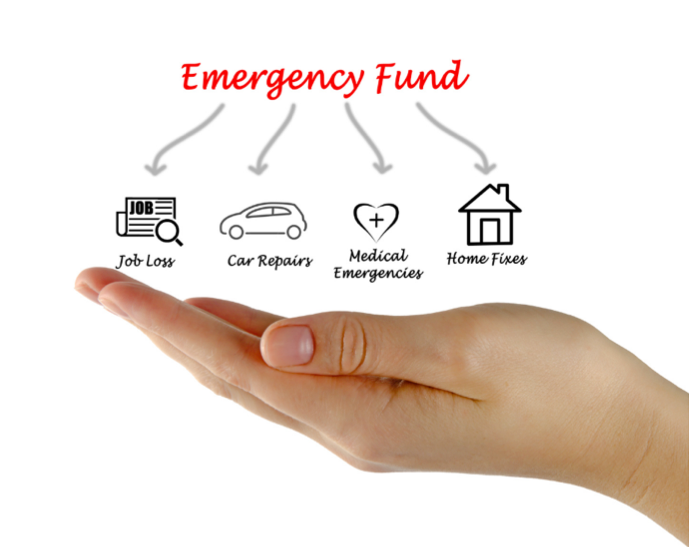How to Start An Emergency Fund In Uncertain Times

According to the Center for Financial Services Innovation report, 45% of Americans say they do not have enough savings to cover at least three months of living expenses. When COVID 19 found its way into the states, many Americans were unprepared for the pandemic but also the impact that it would have on the economy. Individuals and businesses (both large and small) with inadequate savings found themselves in peculiar situations.
The great news is that if you reading this then you have the ability to start your emergency fund today if you haven’t already. And by the end, you will have practical actions that you can put in place to ensure you are ready for the next unexpected emergency because it is not if but when it will occur.
Wondering where to begin, glad you asked!
1. Small Changes Lead to Big Impact
This means that you should set smaller goals which are easier to achieve in a shorter span of time. If you are starting from zero savings, set an initial goal of $500 or $1000. This may be even lower or higher depending on the individual but the point is to not make the initial target amount so high that it will never be reached or take too long to hit. When starting from zero, you need quick wins to help build up motivation and confidence! It helps you see that you can achieve the goals you have set for yourself and/or your family!
2. Make It Hard To Access Your Emergency Fund
That’s right, if you want to ensure that you will not spend your emergency fund, then make it hard for you to access the money. Well, not too hard because in the case of an emergency you should be able to access the funds within 24-48 hours of when you need it. However, the point is that you should keep your funds in a separate account and even a separate bank according to Kerri Moriarty, head of company development for Cinch Financial. This reduces the temptation for you of spending your emergency funds on non-emergency things.
3. Set It And Forget It
One of the easiest ways to ensure you will be disciplined enough to start putting money aside for your emergency fund is to not depend on yourself to do it! That’s right, save your excuses for something else but not your emergency fund. When pay day rolls around, set up automatic deposits to your emergency fund account. The beauty about this method is that if you never see it, then you will never miss it. If you wait and leave it up to yourself to transfer money to your emergency fund then you are likely not to do it.
Remember, starting small and being consistent will allow your emergency fund to grow ratably overtime. Keep the money in a different account from your checking account, preferably a different bank so that you have to take extra measures to access those funds. Lastly, set up automatic deposits into your emergency fund so that you won’t miss what you didn’t see in your checking account and you leave all excuses at the door.